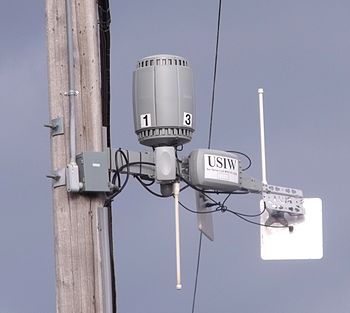When the FCC reclassified broadband services, they stated that they were not going to get into price regulation. As expected, they did not keep their word and are now manipulating the prices in a free market. What Ross mentions below are the unintended consequences of price regulation.
By Ross Racine
When it comes to internet access, Native American and Alaskan tribes are among the least connected in our country. An analysis by the White House Council of Economic Advisers found that along with the rural South, portions of the Southwest, predominately home to Indian communities, are amongst the lowest connected regions. Continue reading





